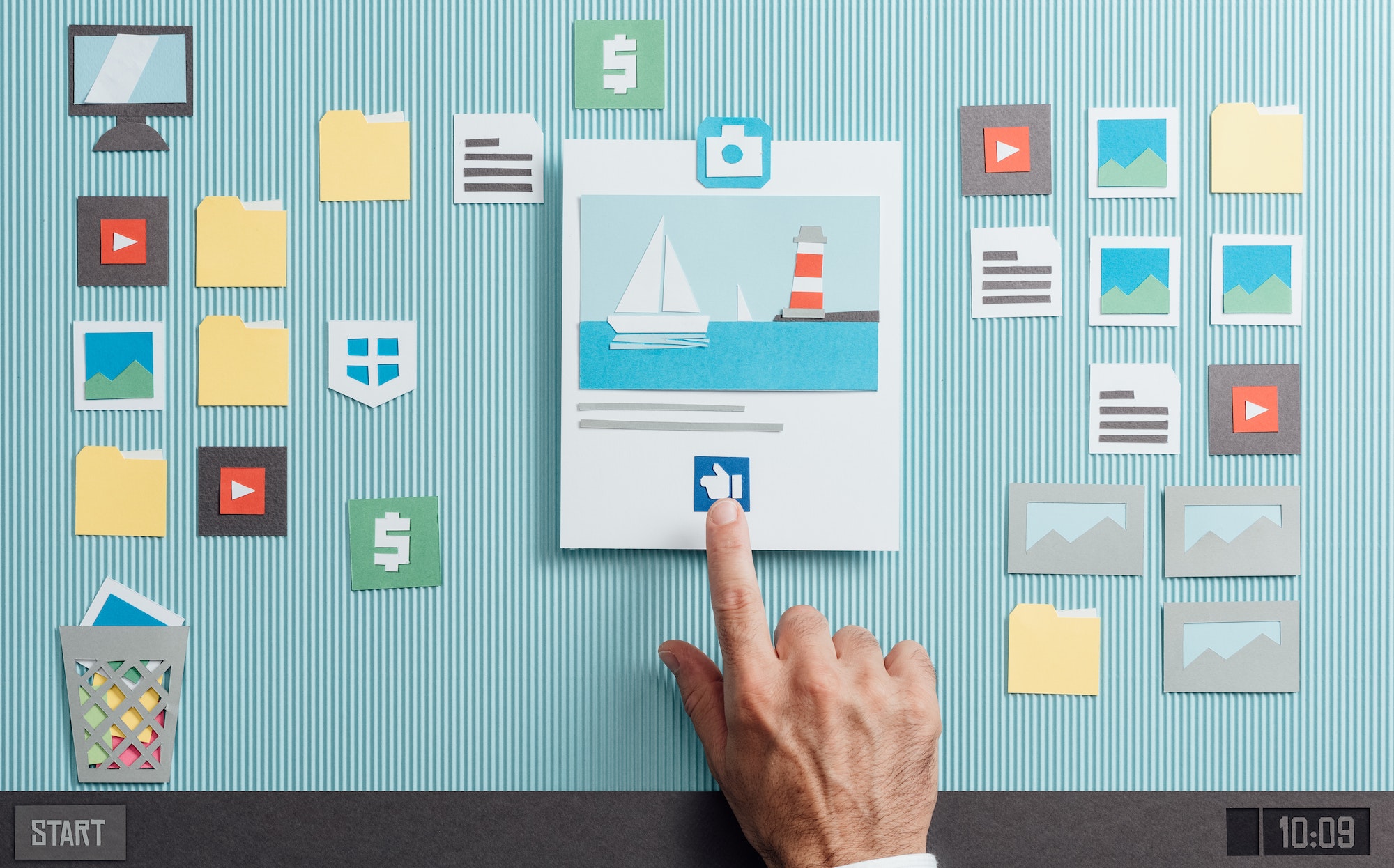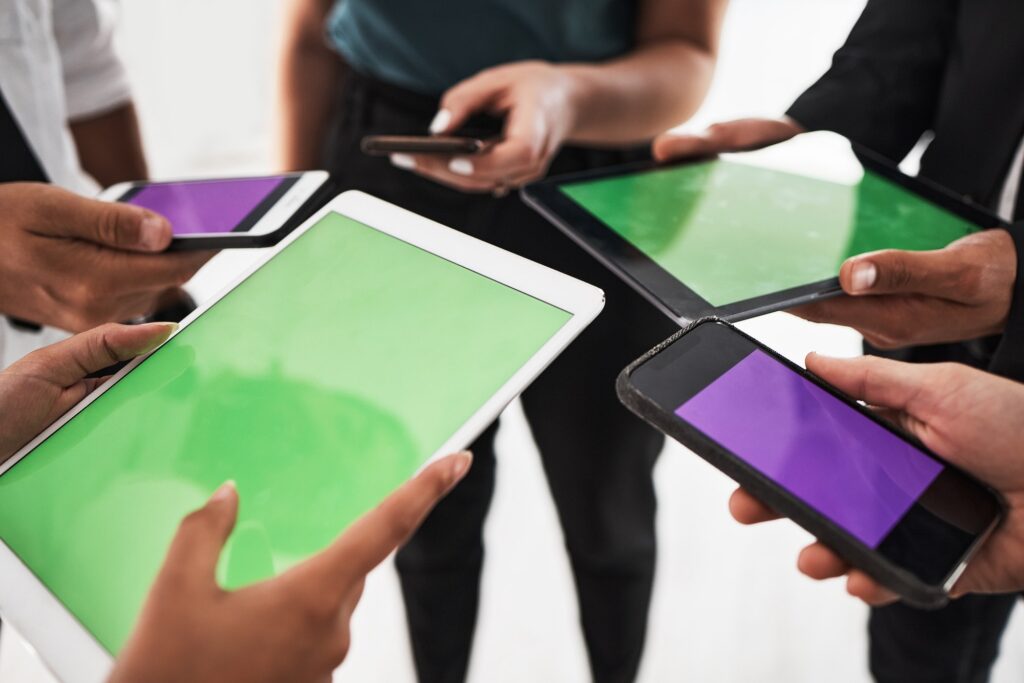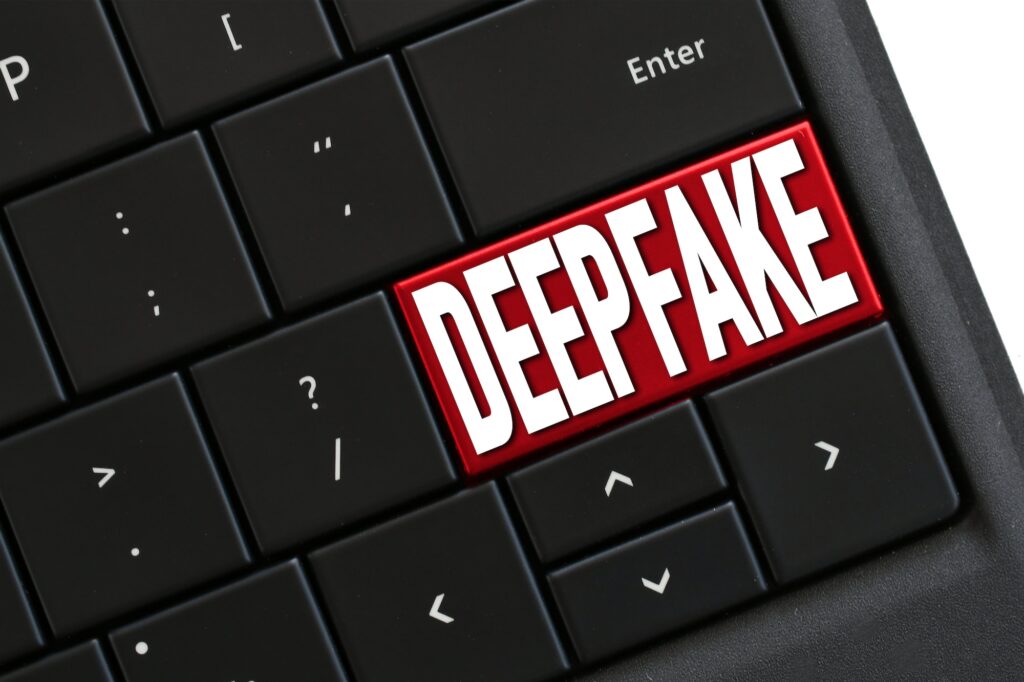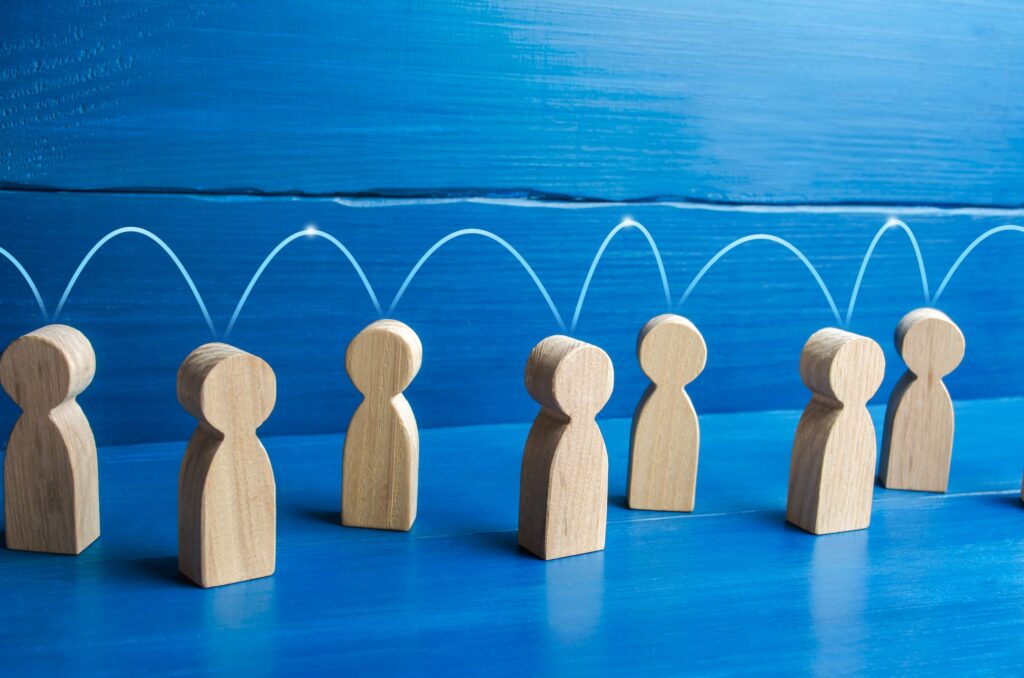Address
33-17, Q Sentral.
2A, Jalan Stesen Sentral 2, Kuala Lumpur Sentral,
50470 Federal Territory of Kuala Lumpur
Contact
+603-2701-3606
info@linkdood.com
Address
33-17, Q Sentral.
2A, Jalan Stesen Sentral 2, Kuala Lumpur Sentral,
50470 Federal Territory of Kuala Lumpur
Contact
+603-2701-3606
info@linkdood.com

With computers and phones everywhere, it’s become easy for some people to share or create pictures that aren’t okay, without asking the person in the picture. These actions can hurt a lot of people, especially girls and women. The UK government saw this as a big problem, so they made some changes to the Online Safety Bill, a law that helps keep people safe on the internet. Now, anyone who shares or creates these not-okay pictures can be put in jail.

The Online Safety Bill changes help protect people better. If someone shares a not-okay picture of someone else, they could go to jail for up to six months. If they did it to upset, embarrass, or scare someone, or just for their own pleasure, they might stay in jail for up to two years. These punishments tell everyone that these actions are very bad and won’t be allowed.
‘Revenge porn’ is when someone shares private pictures of another person without asking. ‘Deepfake porn’ is when someone uses a computer to make fake private pictures or videos. Before these changes, it was tough to prove that someone wanted to upset or embarrass someone else. Now, it’s easier to make sure those people get the punishment they deserve.

Besides going to jail, people who share not-okay pictures for their own pleasure can be put on a special list called the ‘sex offenders’ register’. This list helps keep an eye on them so they don’t do it again. It also warns others about the bad things that can happen if they do the same. These actions help protect everyone from those who share or create not-okay pictures without asking.
Now that people can go to jail for sharing or making not-okay pictures, those who have been hurt by these actions can feel better. They know that the person who hurt them will be punished. Georgia Harrison, a TV star who was a victim of revenge porn, says that these changes make her feel better and will help a lot of people.
With deepfakes becoming common and more people sharing not-okay pictures, it’s important that we stop this. Studies show that many people have been threatened with the sharing of their private pictures. In just eight months of 2021, a lot of people visited a website that takes clothes off women’s pictures without their permission. This shows that we need to act fast to solve this problem. The changes to the Online Safety Bill can help a lot.
The new changes to the Online Safety Bill make it even better. They add to older changes and ideas from the Law Commission, a group that suggested we need better laws to protect people from these actions. The government is doing a good job trying to solve this problem, and these changes show how serious they are.
Lots of groups that help victims of abuse support these changes. Nicole Jacobs, the Domestic Abuse Commissioner, says that these changes will help a lot of people who have been hurt by not-okay pictures. There’s still more to do, like dealing with different country laws and making tech giants do their part, but these changes are a big step in the right direction.
The changes to the Online Safety Bill, which say that people can go to jail for sharing or making not-okay pictures without permission, are very important. They help punish those who do bad things and protect those who have been hurt. By making the internet safer and helping victims feel better, the government is doing the right thing to make sure everyone is treated with respect.

1. What are the new changes to the Online Safety Bill?
The new changes to the Online Safety Bill say that anyone who shares or makes not-okay pictures without asking first can be sent to jail. If someone did this to upset, embarrass or scare someone, or just for their own pleasure, they can go to jail for up to two years.
2. What is ‘revenge porn’ and ‘deepfake porn’?
‘Revenge porn’ is when someone shares private pictures of another person without asking them first. ‘Deepfake porn’ is when someone uses a computer to make fake private pictures or videos of a person.
3. What is the ‘sex offenders’ register’?
The ‘sex offenders’ register’ is a special list where people who share not-okay pictures for their own pleasure are put. This list helps keep an eye on these people so they can’t do the same bad things again.
4. How do these changes help people who have been hurt by these actions?
These changes let people who have been hurt by these actions know that the person who did this will be punished. This can make them feel better and safer.
5. What do we still need to do to solve this problem?
There’s still more to do, like making sure laws in different countries can work together, and making big tech companies do their part to stop these bad actions. But these changes are a big step in the right direction.
6. How is the government helping solve this problem?
The government is making changes to the Online Safety Bill to protect people better and to punish those who share or make not-okay pictures. They are doing their best to make sure everyone is treated with respect.